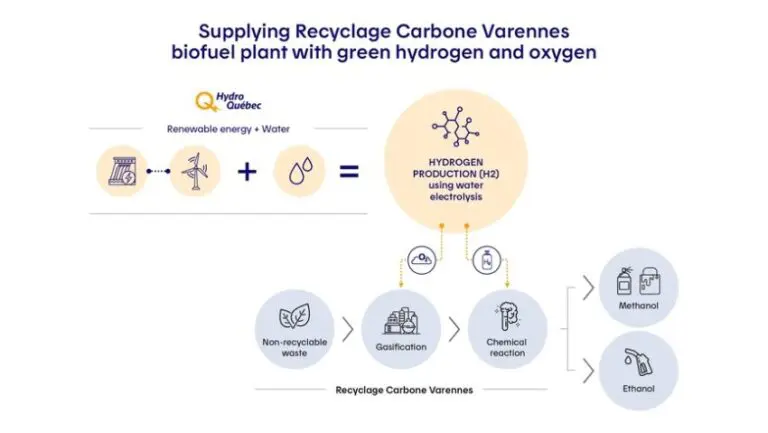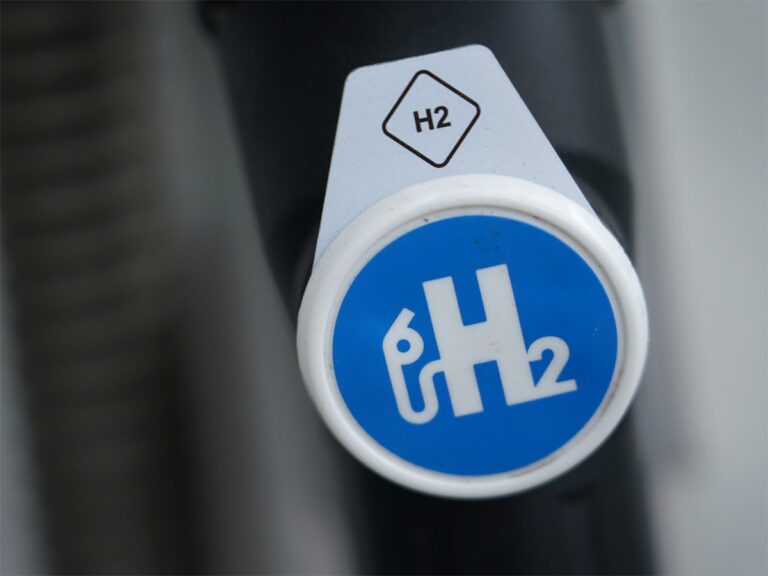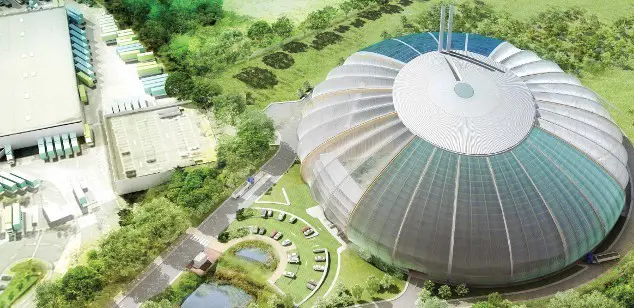SITA UK and its consortium partners have signed a 30-year PPP contract with the Merseyside Waste Disposal Authority (MWDA) to convert household waste into energy.
SITA UK along with its consortium partners Sembcorp Utilities UK and the ITOCHU Corporation, was announced as preferred bidder for the contract in April 2013. SITA Sembcorp UK will finance, build and operate new infrastructure to manage over 430,000 tonnes of household residual waste each year, by turning it into enough electrical energy to power the equivalent of around 63,000 homes.
Over its duration, the contract is worth up to £1.2 billion in municipal revenue and approximately £1.8 billion in total revenue – which includes the management of third party waste and the sale of electricity to the National Grid.
SITA Sembcorp UK will spend over £250 million on new infrastructure to service the contract, which includes a new rail-linked transfer station in Knowsley and a new energy-from-waste facility in Teesside. The new infrastructure is expected to create 75 permanent jobs, and hundreds of people will be employed during construction.
Diverting 92 per cent of waste from landfill
The contract will provide services and facilities to the Merseyside and Halton Waste Partnership which consists of the metropolitan boroughs of the MWDA and the unitary authority of Halton Borough Council, representing over 600,000 households and a population of approximately 1.5 million between them.
Residual waste will be collected and taken to a new rail-linked waste transfer station at Knowsley – which has the capacity to handle up to half a million tonnes a year. This waste material will then be transferred by rail to a new 49 megawatt energy-from-waste facility at the Wilton International industrial estate at Teesside, where it will be converted into electricity and fed into the National Grid.
Subject to local site demand, the energy-from-waste facility will also be able to provide heat to local businesses, with the capacity to deliver 190 tonnes of steam an hour to neighbouring industrial businesses via a district heating system.
This solution will enable the Merseyside and Halton Waste Partnership to divert more than 92 per cent of its residual waste from landfill, while also generating the equivalent electricity to power thousands of homes. It will also result in CO2 reduction of approximately 127,335 tonnes a year – compared with landfill disposal and, by using rail haulage, will effectively remove the equivalent of 21,000 HGV journeys per year off the roads.
David Palmer-Jones, Chief Executive Officer of SITA UK said: “The signing of this contract is great news for Merseyside and for the environment, because it means we will now be able to begin building the necessary infrastructure to put this waste material to good use – rather than sending it to landfill.
“Agreeing this contract is also great news for local employment near our sites, because we expect to create around 75 permanent jobs and employ hundreds more during the construction process.”
Jean-Louis Chaussade, Chief Executive Officer of SUEZ ENVIRONNEMENT, said: “SITA UK has developed a strong track-record of agreeing contractual terms quickly and I’m very pleased that we have been able to maintain this record with the Merseyside Waste Disposal Authority.
“This new contract fits well with SUEZ ENVIRONNEMENT’s policy to develop new waste recovery facilities and divert waste material from landfill.”
Cllr Graham Morgan, Chairperson of Merseyside Waste Disposal Authority said: “Signing this contract today puts in place a sustainable waste management solution for the next 30 years. The solution we have selected for Merseyside and Halton is the best for the environment – saving natural resources, generating green electricity and providing value for money for Merseyside and Halton Council Tax payers.”
Carl Beer, Chief Executive of Merseyside Waste Disposal Authority said: “We are looking forward to working in partnership with SITA UK and other partners to develop modern and efficient facilities that apply the highest environmental standards in tackling the region’s waste issues. Appointing the right contractors, with the right level of expertise, has been a critical part of that process.”








